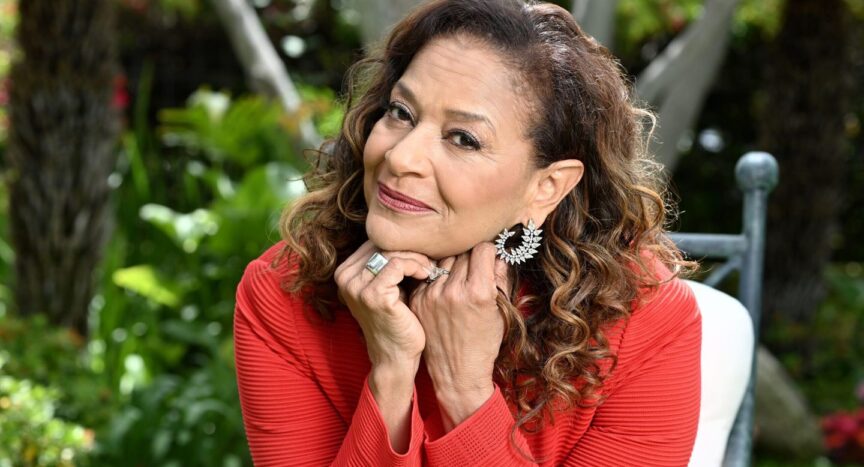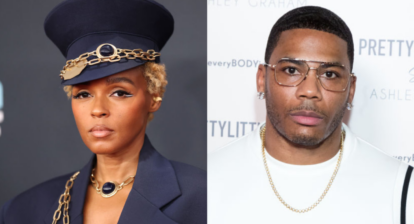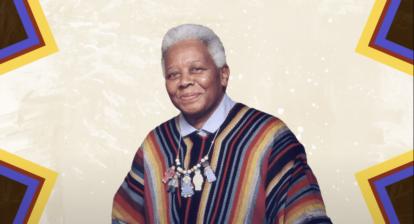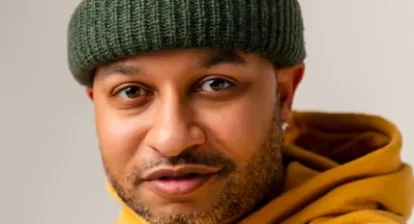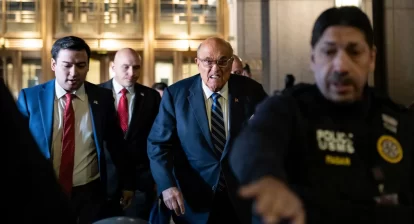Debbie Allen has never let bias stop her, whether in Hollywood or healthcare. Now, she’s using her voice to fight diabetes stigma head-on.
Debbie Allen has always been about movement — whether commanding a stage, directing from behind the camera, or mentoring young dancers. But some things, like grief, can stop you in your tracks. When she began losing family to diabetes, it wasn’t just personal, it was a wake-up call.
“My father, my favorite aunts, both grandfathers, on both sides, maternal and paternal, died from it. And it’s something that when you lose someone like that, and you know that it’s in your gene pool, in your DNA, you have to pay attention to it,” she tells theGrio, her voice firm with conviction. Now, she’s teaming up with Abbott’s “Above the Bias” campaign to help others see the world from the perspective of someone living with diabetes and put an end to diabetes-related stigma because, for her, the fight is more than statistics. It’s family.
Diabetes impacts 38.4 million people (11.6% of the U.S. population), with Black American adults being 1.4 times more likely than their non-Hispanic white counterparts to be diagnosed. A new survey released by Abbott, a global healthcare company, found that 40% of people living with diabetes have skipped or missed a doctor’s appointment due to shame or stigma. And that stigma? It often starts with ignorance. The “Above the Bias” video campaign highlights how casual, offhanded remarks — like “I’m going to get diabetes just looking at that” or “That looks like diabetes on a plate” — can deeply affect those living with the condition.
Allen recalls one moment that has stuck with her for years. “One particular experience stands out, and that was at a family birthday party…one of my aunts was addressing a family member who was diagnosed with diabetes and said out loud, ‘Girl, you better not eat that cake. We don’t want to end up in the hospital with you in a coma,’” she says. “And that was supposed to be a joke, but it really wasn’t funny. It was very hurtful, and I could see that, but other people laughed.”
For Allen, this is exactly why “Above the Bias” matters. “So that’s what we’re talking about [in this campaign]. It’s [about] people realizing their insensitivity, their lack of awareness of how these kinds of comments can affect people,” she continues, noting that just as society has made strides in addressing racial, political, and cultural prejudices, it’s just as important to highlight bias surrounding diabetes. “The ‘Above the Bias’ movie really puts you in the shoes of someone living with diabetes. It lets you see their perspective of the world from their point of view. And I think it will help change a lot of these conversations.”
If there’s anyone who understands the power of shifting bias, it’s Allen. At just eight years old, she was denied entry into a ballet class because of the color of her skin. Though she was finally accepted at 14, it was one of many barriers she would face in her career as a Black woman in the entertainment industry.
“My whole life has been challenged by bias and prejudice. My whole life. And as a Black person, as a woman, I’ve experienced it firsthand in other ways,” she says. “[But] the good news about the universe is that it changes, and it’s moving. It’s in constant motion, and things can change. And so my journey all of these years has been one of evolution and curiosity and hard work.”
From her upbringing in Houston to her years at Howard University to becoming a force on Broadway and Hollywood, Allen credits God, her ancestors, and relentless preparation for her success. And today, she continues to pass on the importance of preparation through the Debbie Allen Dance Academy, which is celebrating 25 years of impact this year. The milestone will be marked by the “25th Anniversary Silver Slipper Gala,” featuring Misty Copeland, Chaka Khan, and Arturo Sandoval, and will raise funds for families and firefighters affected by wildfires, all while finding new ways to serve the community.
“It is a real purpose in life for me to expand my art and expand the footprint of the arts—how we can heal with the arts, how we can uplift the world with the arts, how we can come together because of the arts,” Allen reflects. “You know, Daddy told me, if I keep dancing, I would never get diabetes. And I’ve kept dancing all these years…So, 25 years is a good measure of success and also purpose.”
Beyond dance, Allen remains a mentor and creative force, working with younger generations of entertainers like Keke Palmer and Lena Waithe. She’s teaming up with Palmer for the Broadway production of “Fetch Clay, Make Man,” a play written by Will Power that tells the story of Muhammad Ali’s relationship with Stepin Fetchit. Though she stays tight-lipped on details, Allen teases another Broadway project on the horizon. “The theater is calling me back, and I am running,” she says.
Of course, she still has her “hands on the plow” for the highly anticipated “A Different World” reboot. Though she won’t say too much, she does confirm that “it is within reach.”
“Let me just say that it is within our grasp, and we’re hopeful about that because that is a show that will inspire so many young people around the world,” she teased.
Allen has never let bias—whether in healthcare, entertainment, or society at large—define what’s possible. As she continues to push for change in every space she enters, she leaves us with this: “Let’s find a way to get rid of the bias and the prejudice in all ways and always.”
More must-reads:

